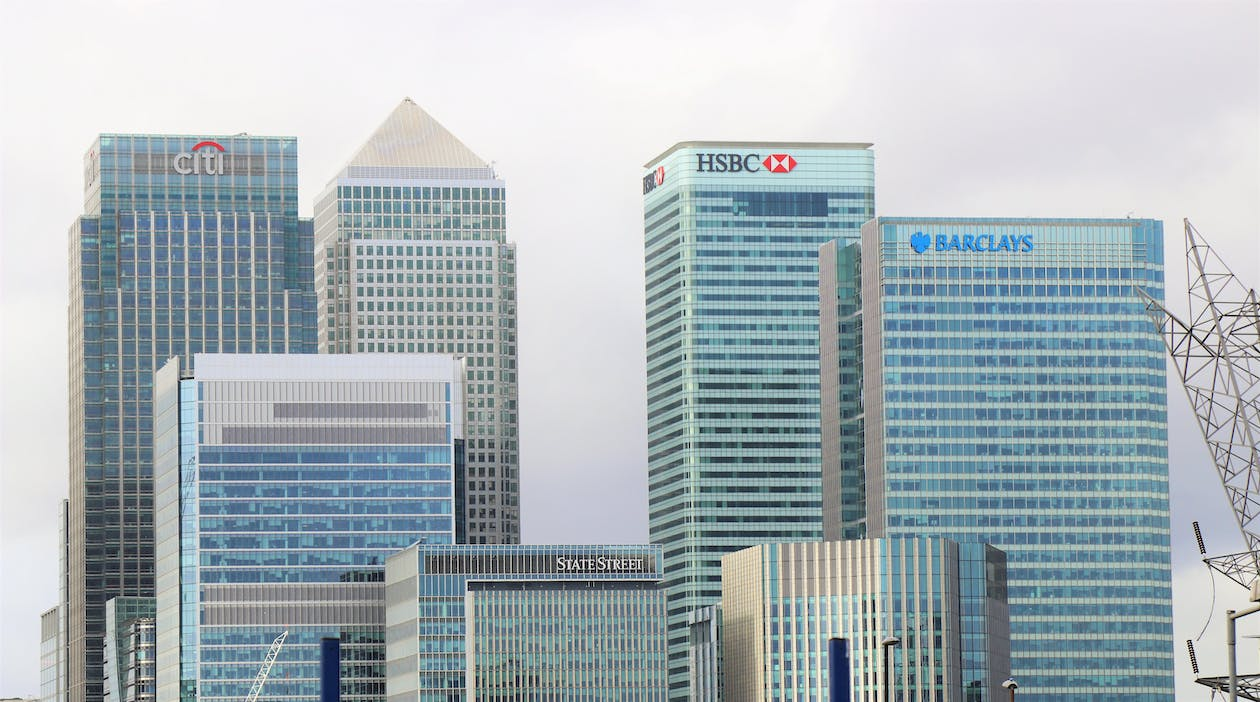The major U.S. stock indexes fell around 2% over the past two weeks due to concerns about a potential recession. The U.S. Federal Reserve, along with central banks in the European Union, the United Kingdom, and Switzerland, increased interest rates by a half percentage point, putting more pressure on the inflation wound.
Worse-than-expected U.S. retail sales data added to concerns about a potential recession, as sales fell 0.6% in November, reversing the previous month's gain and recording the biggest decline in 11 months. Inflation in the U.S. rose at a 7.1% annual rate in November, with core inflation rising by 0.2% relative to the previous month.
Wall Street analysts expect that earnings growth for S&P 500 companies will average 5.1% in 2022, a significant slowdown from the previous year's growth rate of 47.9%. The Personal Consumption Expenditures Price Index, a measure of inflation, is expected to show continued moderation in November.
EQUITY
While most indexes were down 2% to 3% last week, Asian markets held out with losses below 1%, and Australia gained about half a percent. The Egypt Index, EGX 30, has risen about 50% over the past three months as inflation hit 18.7% and interest rates were at 11.25%. Its extreme heat and economic condition have never been more challenging, as the IMF stepped in to help with a 46-month, $3 billion loan.
OIL
Oil prices surged on Monday as demand increased, particularly in China, where COVID-19 policies were loosened. The US Energy Department's announcement that it will begin repurchasing crude oil for the Strategic Petroleum Reserve boosted the outlook for higher oil prices.
GOLD
Gold prices remained stable on Monday as markets weighed the impact of hawkish central bank signals and growing recession risks against hopes for a Chinese economic recovery.
CURRENCY
Most Asian currencies remained stable on Monday, while the Japanese yen gained as the Bank of Japan (BoJ) could sway from its zero-interest policy amid inflationary pressure. The dollar index fell 0.17% within the first hour due to euro and pound strength following hawkish signals from their central banks.













